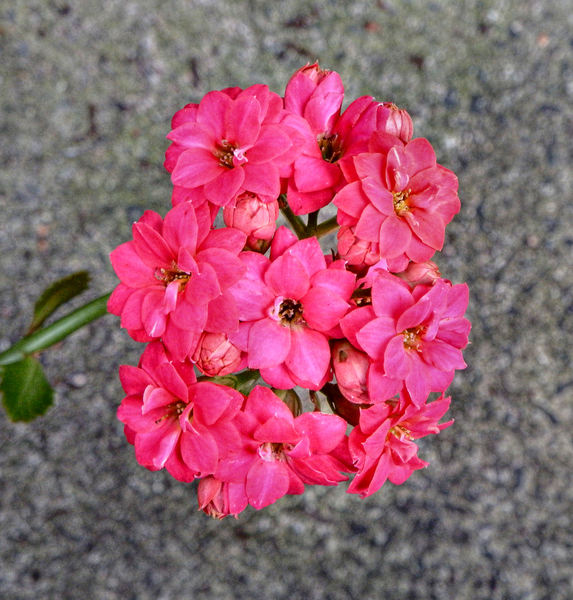 One of the key benefits of tropical houseplants is their ability to purify the air. In today’s increasingly polluted world, indoor air quality is a growing concern for many people. Tropical houseplants, however, act as natural air purifiers by absorbing toxins and emitting oxygen, creating a healthier living environment for inhabitants. Plants such as peace lilies, spider plants, and snake plants are particularly effective at removing common indoor pollutants like formaldehyde, benzene, and trichloroethylene.
One of the key benefits of tropical houseplants is their ability to purify the air. In today’s increasingly polluted world, indoor air quality is a growing concern for many people. Tropical houseplants, however, act as natural air purifiers by absorbing toxins and emitting oxygen, creating a healthier living environment for inhabitants. Plants such as peace lilies, spider plants, and snake plants are particularly effective at removing common indoor pollutants like formaldehyde, benzene, and trichloroethylene.
In conclusion, tropical houseplants are a wonderful addition to any indoor space, offering beauty, benefits, and a connection to nature. Whether you are looking to improve air quality, boost mental well-being, or enhance productivity, tropical houseplants are a versatile and rewarding choice. By selecting the right plants, providing them with proper care and maintenance, and enjoying the beauty and benefits they bring, you can create a lush and vibrant indoor oasis that will delight and inspire you for years to come.
In addition to their air purifying abilities, tropical houseplants can also help to increase humidity levels in your home. Many tropical plants are native to humid environments and require high levels of moisture to thrive. By misting your plants regularly or placing them near a humidifier, you can create a more comfortable and healthy indoor environment, especially during the dry winter months.
When selecting tropical houseplants for your home, it is essential to consider factors such as light levels, humidity, and temperature. Most tropical plants thrive in bright, indirect sunlight and require regular watering to keep their soil moist but not waterlogged. Humidity-loving plants like ferns and orchids may benefit from misting or a humidifier to create the ideal growing conditions. It is also important to avoid exposing tropical houseplants to drafts, cold temperatures, or sudden changes in environment, as this can stress the plants and lead to health problems.
5. Fiddle leaf fig (Ficus lyrata): The fiddle leaf fig is a tropical tree with large, violin-shaped leaves that add a touch of drama to any space. This plant requires bright, indirect light and regular watering to thrive indoors, but its striking appearance makes it a popular choice for plant enthusiasts.
When choosing tropical houseplants for your indoor spaces, it is important to consider factors such as light levels, humidity, and temperature. Many tropical plants require bright, indirect light to thrive, so be sure to place them near a sunny window or invest in grow lights if natural light is limited. It is also important to provide adequate drainage and avoid overwatering, as tropical plants are susceptible to root rot if their roots are constantly sitting in water.
The Benefits of 3D Garden Design:
One of the key advantages of 3D garden design is the ability to visualize and plan a garden space before any physical work begins. This allows designers and homeowners to experiment with different layouts, plantings, and features to create the perfect outdoor oasis. With 3D technology, it is possible to view the garden from multiple angles, including aerial views, which provides a more comprehensive understanding of how the space will look and function once completed.
In addition to improving air quality, tropical houseplants can also have a positive impact on mental health. Studies have shown that the presence of plants in indoor spaces can reduce stress, anxiety, and depression, while improving overall mood and well-being. The act of caring for plants, known as horticultural therapy, has been shown to have a calming and therapeutic effect on individuals, promoting relaxation and mindfulness.
2. Watering: Tropical houseplants require regular watering to stay healthy, but overwatering can lead to root rot and other issues. Check the soil moisture level before watering and allow the top inch of soil to dry out between waterings.
Finally, fertilizing your tropical houseplants regularly will help to ensure that they have the nutrients they need to grow and thrive. Use a balanced, water-soluble fertilizer once a month during the growing season, and reduce feeding in the winter when plants are not actively growing. With proper care and attention, your tropical houseplants will reward you with lush foliage, vibrant blooms, and a touch of exotic beauty in your home.
The trend of bringing the outdoors inside through the use of houseplants has been steadily growing in popularity in recent years. In particular, tropical houseplants have emerged as a popular choice for plant enthusiasts looking to add a touch of vibrancy and exotic beauty to their indoor spaces. These lush and vibrant plants not only add aesthetic appeal to a room but also offer a range of benefits for both physical and mental well-being.
Furthermore, tropical houseplants can enhance productivity and concentration in indoor environments. Research has demonstrated that the presence of plants in workspaces can improve focus, creativity, and cognitive function, leading to increased productivity and efficiency. By creating a more inviting and naturalistic atmosphere, tropical houseplants can help individuals feel more connected to their surroundings and motivated to work.